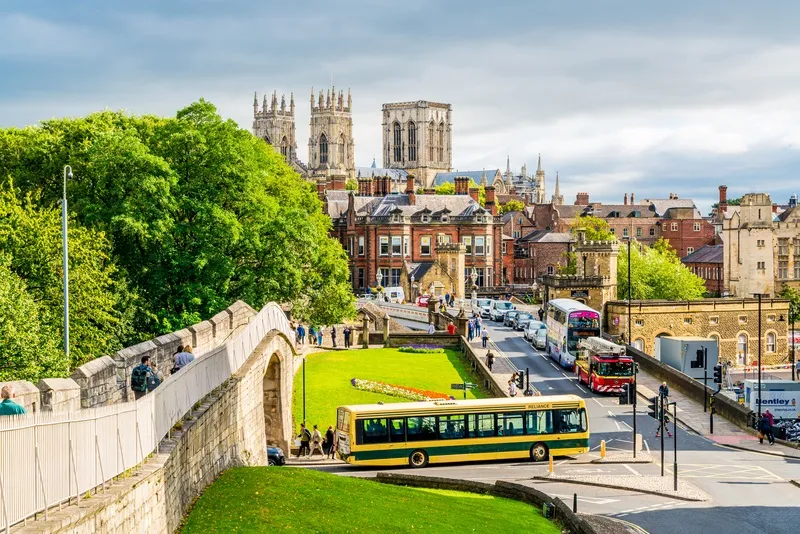Urbanova is a consortium of researchers and professionals whose stated aim is to make cities more sustainable through technological development.
David Condon, mayor of Spokane, says Urbanova and Verizon will share resources around technology applications and data delivery to help achieve smarter infrastructure, a more sustainable environment and healthier citizens.
Verizon will work with Urbanova’s partners, technology firm Itron and energy company Avista, by bringing its smart communities solutions to support connected streetlight projects and research on the effects of air quality on human health.
These solutions are Internet of Things technologies which are expected to help city officials solve challenges around traffic, safety and transportation. The full range of products and services include intelligent lighting, intelligent video, intelligent traffic management, traffic data services, parking optimisation, digital kiosk and intersection safety analytics.
Urbanova enters partnership to bring smart city solutions to Washington
Urbanova, telecommunications company Verizon and the city of Spokane, Washington, are collaborating on smart city solutions to tackle congestion and improve parking within the university district.
Urbanova is a consortium of researchers and professionals whose stated aim is to make cities more sustainable through technological development.
David Condon, mayor of Spokane, says Urbanova and Verizon will share resources around technology applications and data delivery to help achieve smarter infrastructure
October 29, 2018
Read time: 2 mins
Urbanova, telecommunications company 1984 Verizon and the city of Spokane, Washington, are collaborating on smart city solutions to tackle congestion and improve parking within the university district.








